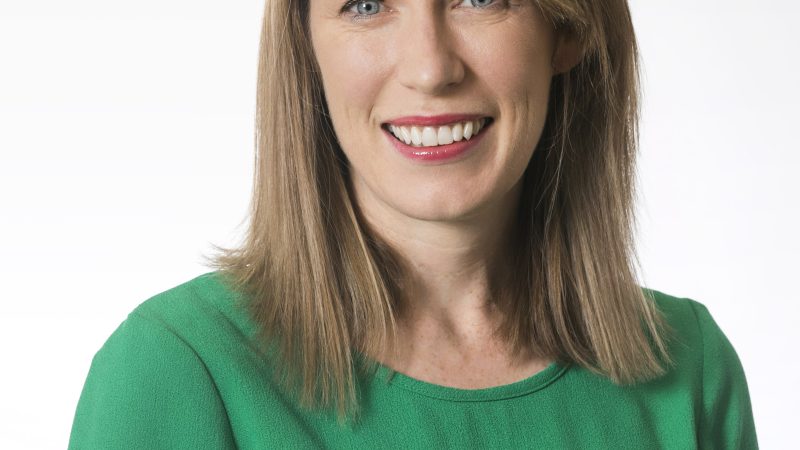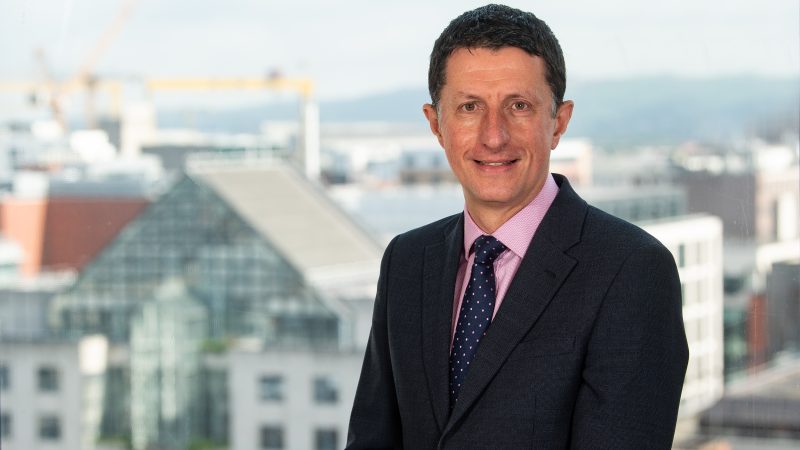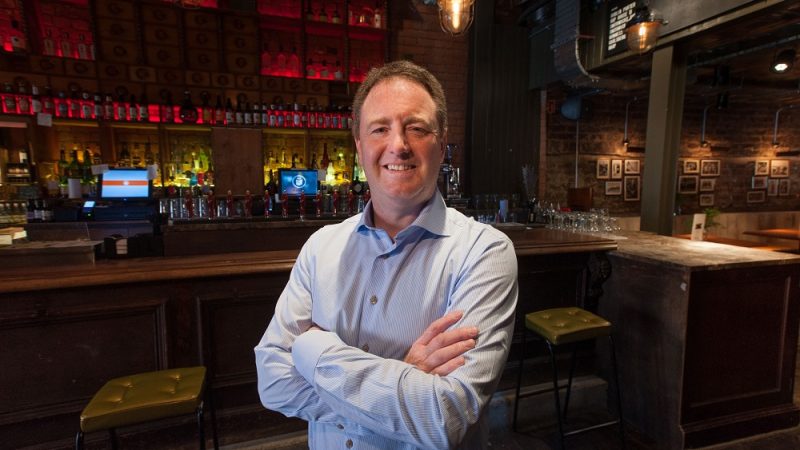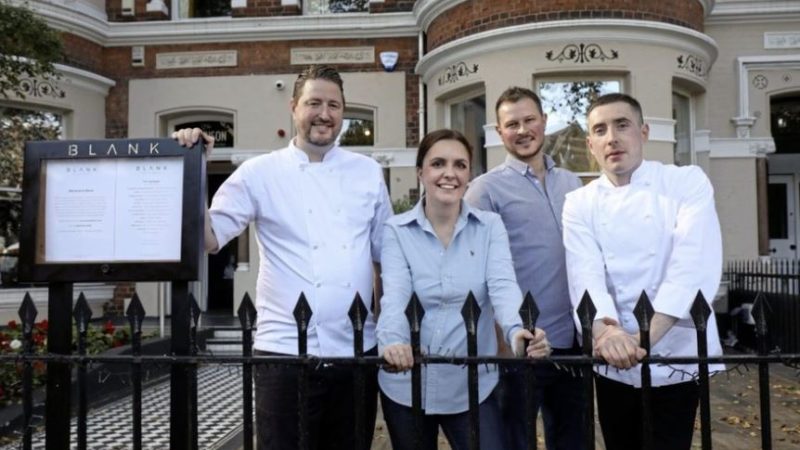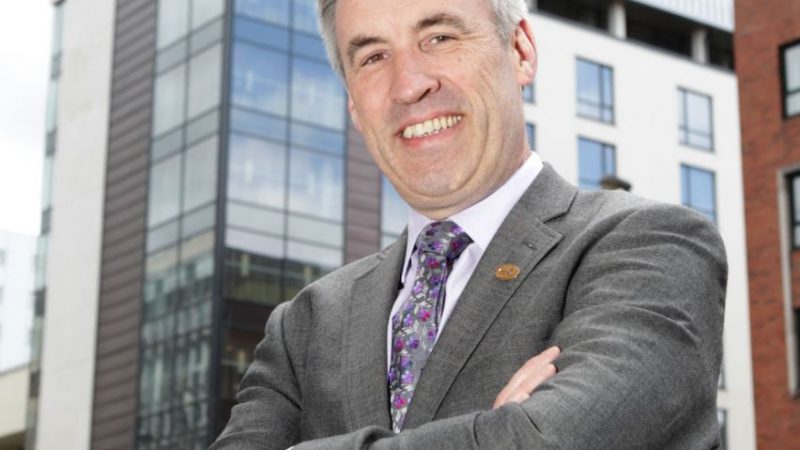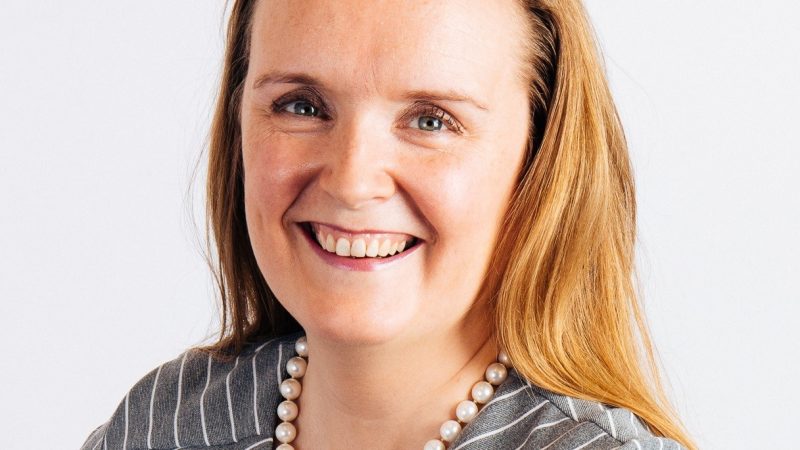Doing what you have to…
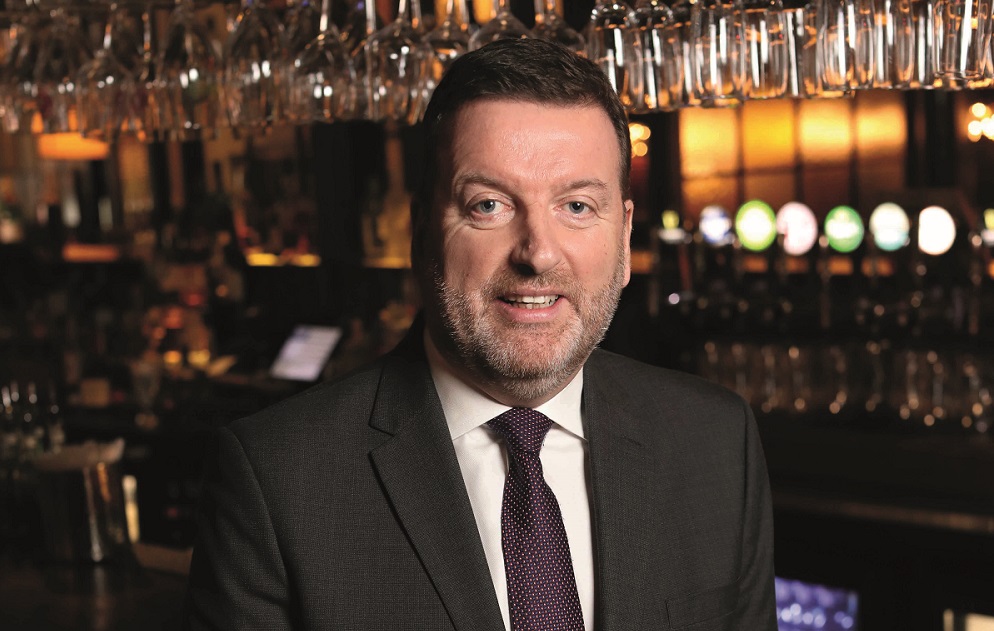
Diageo, the world’s largest drinks maker, saw its global renaissance continue in 2019 when growth across all markets – combined with a focus on premiumisation and a determined effort to keep the lid on runaway costs – saw profits surge to £4bn, up more than nine per cent on the previous year. Paddy McKenna talks to Russell Campbell.
During what CEO Ivan Menezes said was ‘a banner year for new product innovation’, London-based Diageo saw net profit rise to £4bn by June 30 last year.
That’s welcome news for Diageo NI’s commercial manager, Paddy McKenna, who told LCN in January that sales in Ireland had increased by three per cent over the same period.
‘We’re very happy with that,’ he declared.
Globally, Guinness grew by two per cent in the year ending June 30 last year, with growth largely driven by Guinness Foreign Extra Stout and Guinness Draught alongside the continued European success of Hop House 13, the most successful commercial spin-off to emerge from Guinness’s experimental Open Gate Brewery in Dublin.
Strong and sustained growth in Diageo’s leading gin brands – Tanqueray and Gordon’s – has also been instrumental in the group’s continued resurgence.
And lager sales in Ireland were up four per cent to June 30, thanks mainly to the popularity of the group’s new-ish Irish lager, Rockshore:
‘If we look a little closer to home, the Guinness brand in NI has been performing well,’ says Paddy. ‘That’s on the back of two things, our sponsorship of the Six Nations rugby tournament and the continuing growth of tourism locally. We can clearly see these trends when we look at the performance of individual local outlets.’
Diageo has worked hard to put clear distance between its modern, focused operations and the bad old days of 2014 when global sales took a £1bn hit. Today, its productivity-driven agenda sees costs that are cut from the business reinvested directly into core strategic priorities. The results of this approach can be seen most clearly in Diageo’s willingness to invest in its customers, either through business and staff development programmes or directly into existing or new businesses.
It’s a cost-effective and resource-conscious business model that drives success in all disciplines. In the gin market, for example, the Gordon’s and Tanqueray brands both delivered double-digit sales growth to June 30, 2019 and contributed significantly to the group’s improving fortunes.
‘People are going out less often, but when they do, they are more willing to treat themselves, perhaps trading up from a Gordon’s to a Tanqueray or from a Tanqueray to a Tanqueray No. 10,’ says Paddy. ‘Our portfolio is priced in such a way that it makes these occasional up-sell opportunities possible.’
Nevertheless, Paddy does perceive a slowing in the growth that has characterised the gin market in recent years, there’s a degree of consolidation, he says. Space behind the bar is at a premium these days and some bar owners are deciding that if something isn’t moving from one week to the next, then it’s not worth stocking.
‘It’s tough times in the trade at the moment, there’s still a lot of downward pressure and so we’re keen to look at ways that we can keep the momentum going,’ says Paddy. ‘You can see this in our sponsorship of the Six Nations, which was a fantastic highlight for us in 2019. ‘We worked hard to create occasions in bars, we aimed to copy what’s going on in the stadiums and we’ve been encouraging our customers to help make that experience even better for the consumer
‘If you think about it, most times that someone takes a drink, it’s connected in some way to an occasion, whether it’s a wedding or just a Friday evening after work with colleagues and friends. So driving occasions in this way is going to drive footfall into outlets.’

Diageo is the very definition of an all-Ireland company, it has manufacturing, sales and supply operations in both jurisdictions and constantly moves product backwards and forwards over the border, often multiple times during the production process. So Brexit remains a live issue for Diageo:
‘We’re certainly focused on this but we are now well prepared for anything that Brexit is going to throw at us operationally,’ says Paddy McKenna. ‘We believe that we can handle the challenge but there are still a number of areas where outcomes are still very uncertain, such as the effect that Brexit might have on tourism in Northern Ireland.’
That said, Paddy is more focused on political developments within Northern Ireland at present and describes the return of the Assembly and Executive to Stormont as ‘fantastic news’:
‘Now we just need to see the parties get to work on those issues that affect the tourism and hospitality sectors here at home,’ he says. ‘From my own selfish perspective, the consultation on licensing laws which drew to a close at the start of December is something that I would like to see the government take a good long look at. The potential is there to modernise the current laws and that would be good for us and for our customers. NI is now a destination people want to visit and this would help us engage on a more equal footing with other places in Europe…It’s also an opportunity for us to present ourselves as a modern and vibrant society.’

The current skills deficit in hospitality is an obstacle that Diageo’s customers must deal with, but the company itself isn’t immune. It views its people and its brands as its key resources and aims to develop its staff continuously through an established training regime.
‘Having the right people is obviously necessary if you’re to have a vibrant marketplace, it’s critically important to any economy, but here in Northern Ireland, we are still punching above our weight in terms of the people that are coming out of the education system here,’ says Paddy.
‘There are lots of talented people out there, but my big concern now is that Brexit will have an impact on the availability of talent, not just for us, but for our hospitality customers.’
Going forward, Diageo NI remains focused on a number of objectives. Some of them will be obvious – enhanced support for its Six Nations sponsorship deal including the creation of ‘rugby hubs’ in pubs across NI and a focus on the continued growth of products such as Rock Shore, already the fifth most popular lager in Ireland:
‘Going forward, we will also be continuing our efforts at diversity and inclusivity,’ adds Paddy. ‘In GB and Ireland, our family leave policy now offers 26 weeks of paternity or maternity leave on full pay. That’s industry leading and it’s all about attracting the best talent into the business. People no longer look just at the salary, they look at what a business offers them outside work.’
One other singular focus for Diageo will be the emerging low and ‘no alcohol’ sector, which Paddy says is ‘poised to be massive’. The category has doubled in size in the last 12 months alone and in December, Diageo launched Carlsberg 0.0 to take advantage of the trend. It also increased its investment in alcohol-free spirit brand, Seedlip, by a ‘significant’ amount in August last year.
‘You’re going to see a lot more from us in that space,’ promises Paddy.
What’s his best hope for 2020?
‘My ideal scenario would be for active local government that delivers for Northern Ireland and particularly, for hospitality and tourism,’ he says. ‘We need the right level of investment and the right level of governance, making NI the best destination to visit.
‘But the economy is the big thing for me. If we have a vibrant economy, then it’s up to each of us to do what we have to do to grow our own businesses.’


